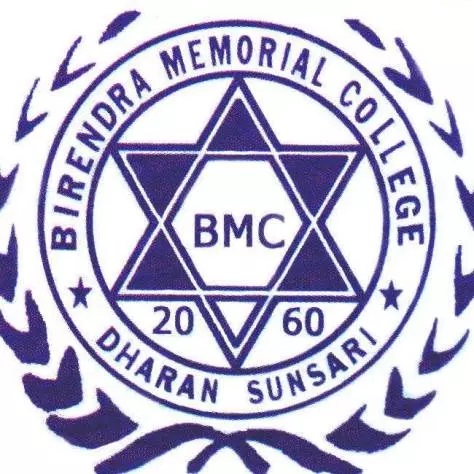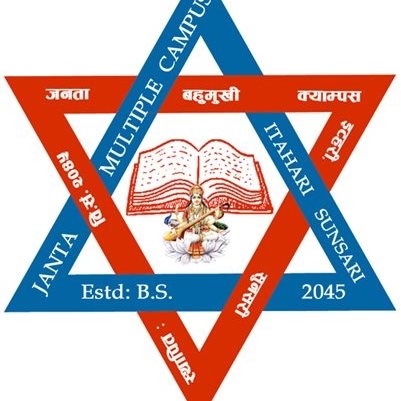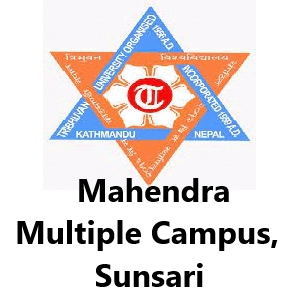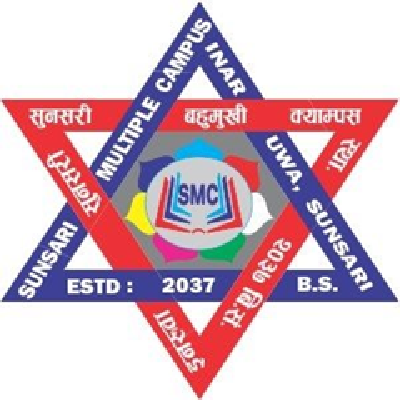Overview
MBS at Kasturi College of Management, Itahari, Sunsari (Tribhuvan University)
If you’re a BBS/BBA/BBM graduate planning a master’s that sharpens decision-making, the MBS course at Kasturi College of Management, Itahari, Sunsari (Tribhuvan University) offers a semester-based path focused on functional depth and analytical work. Students often ask: What exactly will I study from semester one? How much writing, data work, and case practice will I do?
Overview
Kasturi runs TU’s Master of Business Studies (MBS) with the semester structure introduced for the 2018 admission batch. The first semester includes five core courses worth 3 credits each: Marketing Management (MKT 511), Managerial Economics (ECO 512), Statistical Methods (MSC 514), Organizational Behavior (MGT 515), and Managerial Communication (MGT 519).
Highlights
-
First semester focuses on markets and strategy, economics for decisions, statistics, people and organizations, and professional communication.
-
Case work and practicum are embedded: at least one case per Marketing unit; portfolio, reports, and presentations in Managerial Communication.
-
Additional MBS modules in the curriculum include Financial Management (FIN 510), Management Accounting (ACC 517), Business Environment in Nepal (MGT 518), and Operations Research (MSC 516), delivered as per TU’s semester plan.

Curriculum Details
Semester-1 snapshot (3 credits each):
-
MKT 511 Marketing Management: Marketing systems, environment analysis, MKIS, demand measurement, segmentation/targeting/positioning, product, pricing, channels/logistics, IMC, and marketing control.
-
ECO 512 Managerial Economics: Demand forecasting, production and cost, pricing under oligopoly, game theory, pricing techniques, market efficiency, and policy/regulation.
-
MSC 514 Statistical Methods: Probability, distributions, sampling/estimation, hypothesis testing, correlation, and regression.
-
MGT 515 Organizational Behavior: Foundations of OB, perception and attribution, motivation and stress, teams, leadership, communication, conflict, and change.
-
MGT 519 Managerial Communication: Writing and speaking for business; reports and proposals; employment dossier; seminar model with portfolio and presentations.
Beyond semester one, TU’s syllabus includes FIN 510 (Financial Management) and ACC 517 (Management Accounting) among core modules; each has 3 credits and 48 lecture hours.
Objectives
The programme builds decision skills across markets, money, data, and people: marketing decisions, economic reasoning, quantitative analysis, leadership/communication, and Nepal-specific business context.
Scope
Graduates move into roles across corporate, banking/financial services, development projects, and public organizations, or continue to doctoral-track research later through TU pathways referenced in FOM documents.
Learning Outcomes
-
Ability to analyze market opportunities and craft marketing programmes.
-
Confidence with demand forecasting, pricing, and policy analysis.
-
Competence in statistical inference and regression diagnostics for business questions.
-
Strong writing and presentation through the portfolio/dossier requirement.
Skill Development Modules
-
Case-based learning in Marketing; seminar-style communication with mock meetings and interviews.
-
Quantitative labs around hypothesis testing and regression.
-
Managerial economics games and pricing analysis for strategic choices.
Teaching Methodology
Students learn through lectures, cases, presentations, portfolio writing, and class discussions. Marketing mandates at least one case per chapter; Managerial Communication runs a documented practicum and seminar model.
Admission Requirements
Admission follows TU Faculty of Management rules for MBS intake; applicants should review the latest eligibility notices and seat allocations announced by the college and TU before applying.
Career Opportunities
Common paths include analysis and planning, finance, banking and markets, marketing/brand roles, HR/OB-focused roles, and consulting/NGO projects, reflecting the balance of quantitative and managerial courses across semesters.
Scholarships and Financial Aid
Scholarship schemes are announced locally by the college in line with TU guidance. Students should check current notices and deadlines each admission cycle.
Why Choose This Course?
Need a master’s that starts immediately with core decision subjects and visible outputs like a writing portfolio and case presentations? Semester-1 sets that pace while later modules bring finance, accounting, and Nepal-specific business environment into focus.
Conclusion
Students who want a structured, Nepal-relevant master’s in Management find MBS at Kasturi practical: clear first-semester subjects, measurable coursework (cases, portfolio, presentations), and additional core modules that connect analysis with Nepal’s policy and market context.






















